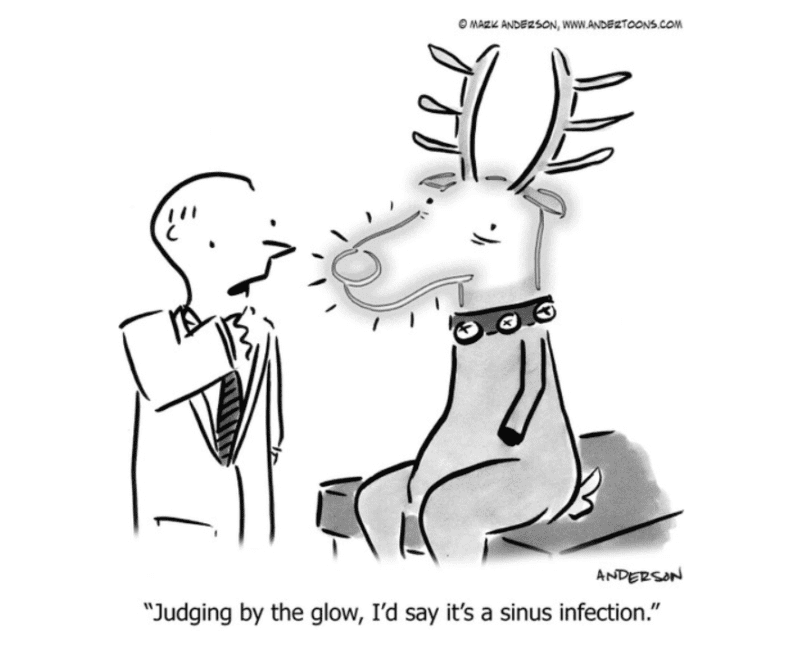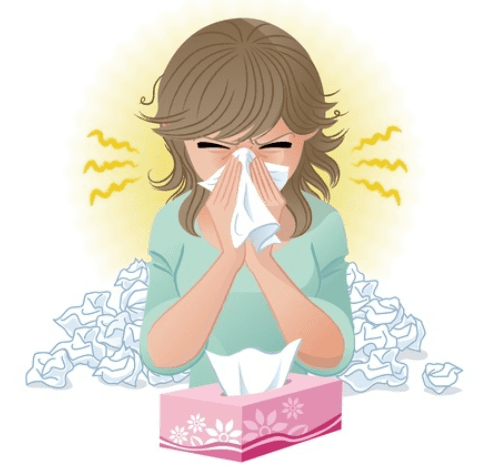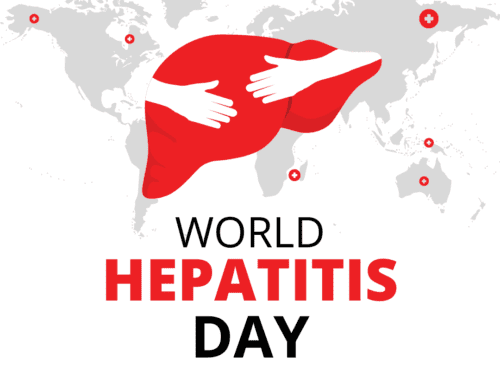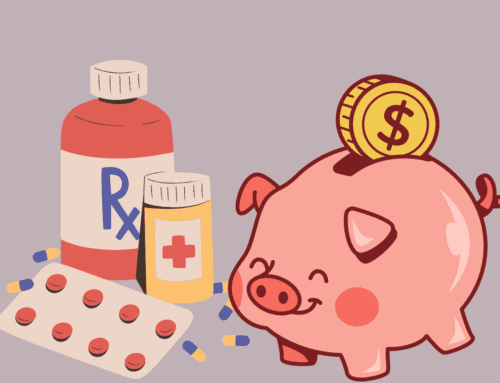This cold and flu season, I am getting a lot of questions about sinus infections.
So today, we are reviewing which treatments work best.
What is a sinus infection?
The sinuses, air-filled pockets in bones of the face, form the top part of the respiratory tract. A sinus infection occurs when the tissue in the sinuses swells and leads to a buildup of mucus, pain, and discomfort.
Viruses cause 9 out of 10 sinus infections in adults. Here we discuss symptoms and treatment options for Viral Sinus Infections.
Common symptoms:
Pain or pressure in your sinuses
Facial pain is a common symptom of sinusitis. You have several different sinuses above and below your eyes, as well as behind your nose. Any of these air-filled cavities can hurt when you have a sinus infection. You may feel pain in your forehead, on either side of your nose, in your upper jaws and teeth, or between your eyes
Tenderness in the face
Your face may also be tender to the touch due to the built-up pressure. This tends to occur at the bridge of the nose or under the eyes, and can occur on the forehead and cheeks.
Runny nose and postnasal drip
When you have a sinus infection, you may need to blow your nose often because of nasal discharge. This discharge comes from your infected sinuses and drains into your nasal passages. The discharge may also bypass your nose and drain down the back of your throat causing irritation or sore throat. This is called postnasal drip, and it may cause you to cough. It can also cause your voice to sound hoarse.
Sinus headaches
Persistent pressure and swelling in your sinuses can give you symptoms of a headache. Sinus pain can also cause earaches and pain in your teeth, jaws, and cheeks. Sinus headaches are often at their worst in the morning because fluids have been collecting all night long.

What can I do?
Most cases of acute sinusitis get better on their own. Self-care techniques are usually all you need to ease symptoms. In general, antibiotics are not needed and do not help symptoms (as it is usually caused by a virus anyway).
Consider the following options:
1. Pain medication
Over the counter anti-inflammatory medications such as ibuprofen can provide relief of headache, facial pain, and sore throat if they are not contraindicated.
2. Intranasal steroid sprays
These reduce inflammation and decrease swelling in nasal passages. This can be particularly helpful for patients with allergic symptoms as well. Commonly we use fluticasone nasal spray.
3. Decongestants
These are typically Pseudophedrine or Phenylephrine. They can relieve congestion and pressure but may cause a rebound effect when stopped. There are contraindications for some patients with high blood pressure and other risks.
4. Nasal Irrigation
Using a neti pot with sterile intranasal saline is highly recommended for most. These generally provide safe and effective temporary relief.
Signs that you should seek care
Consult your doctor if you have:
- a high persistent fever (>102F)
- symptoms that have lasted for more than 10 days
- symptoms that are getting worse





